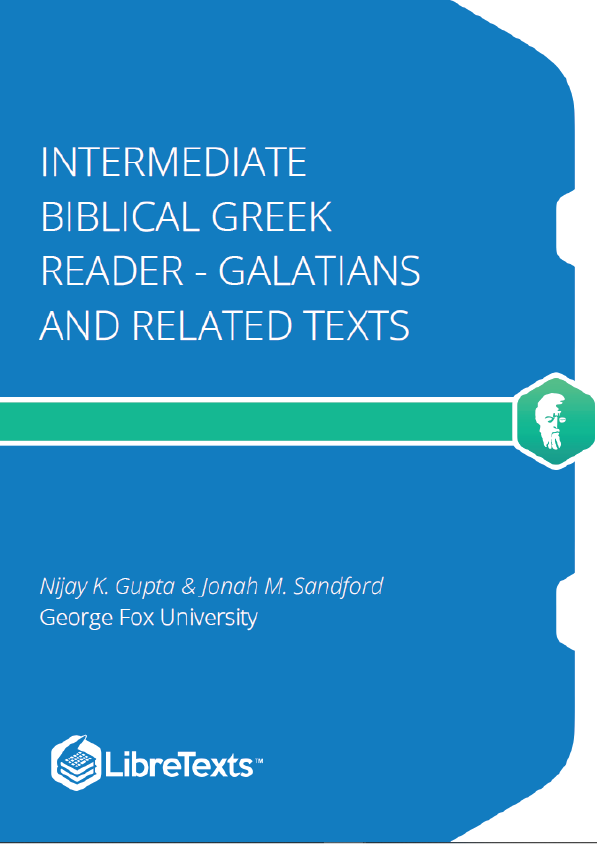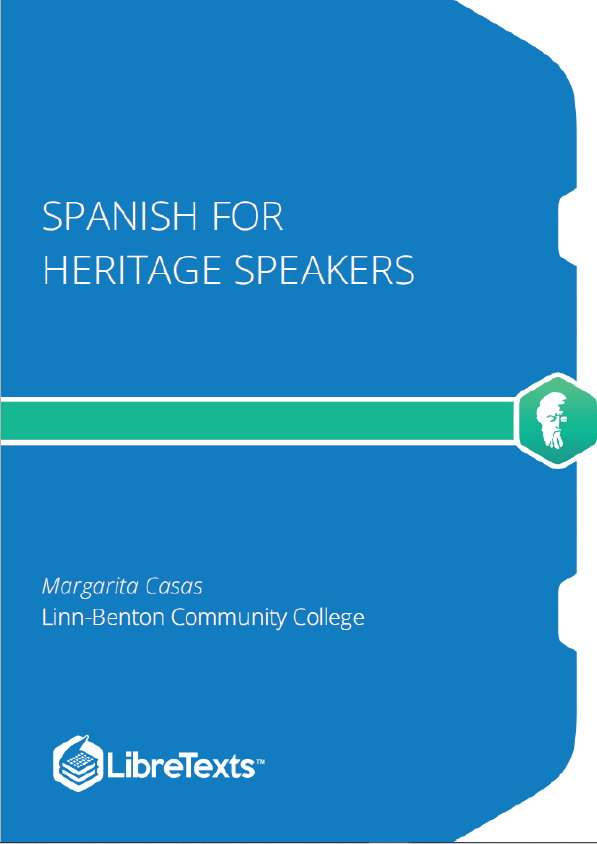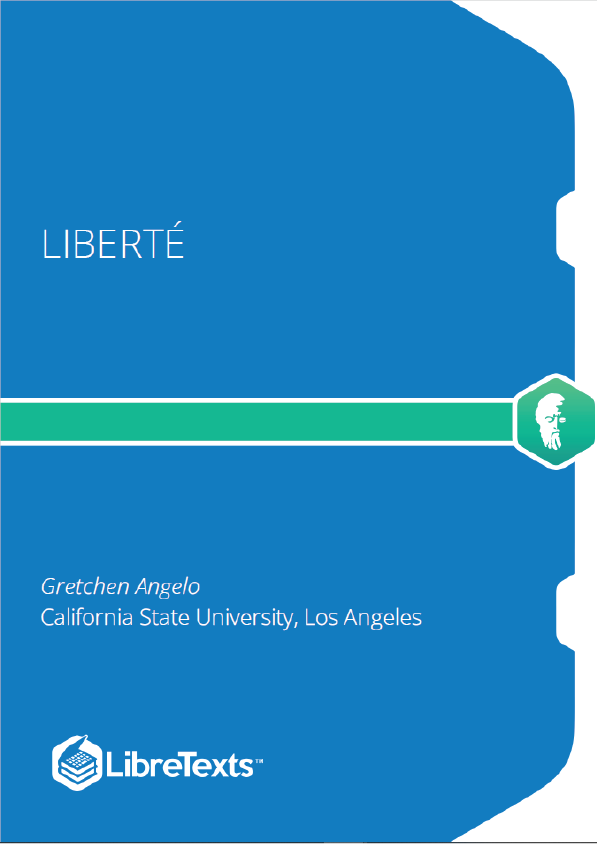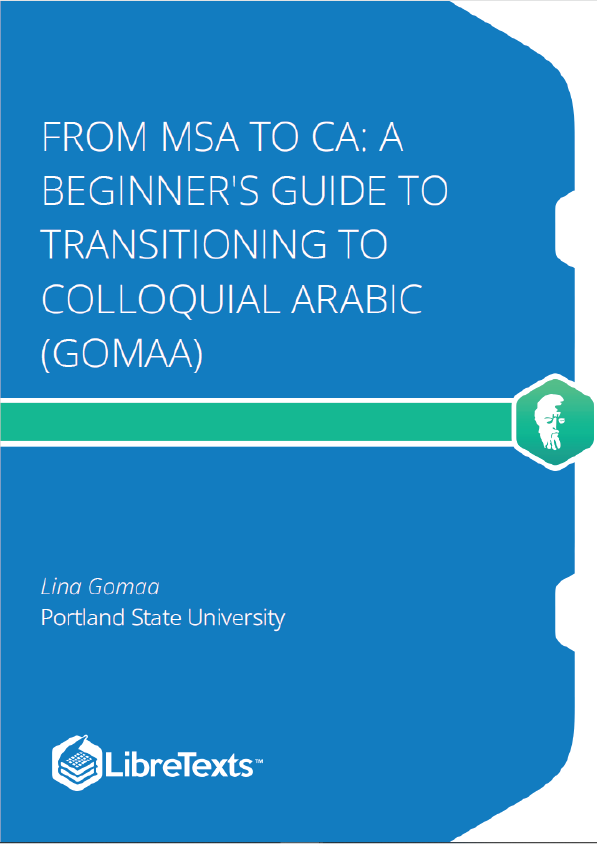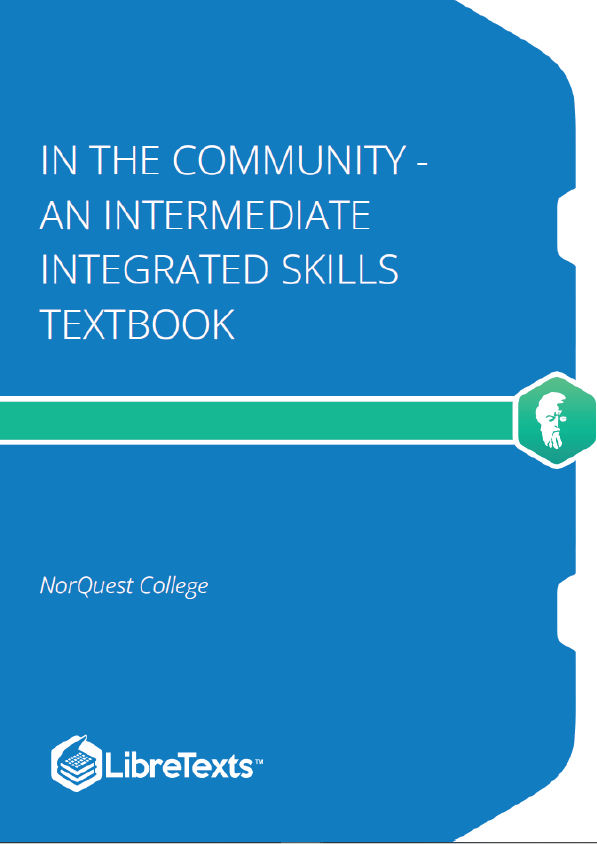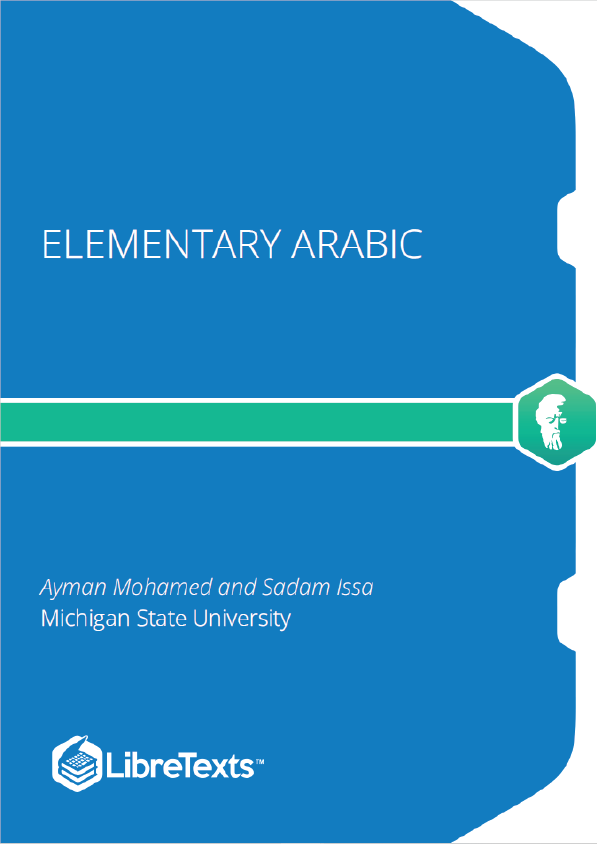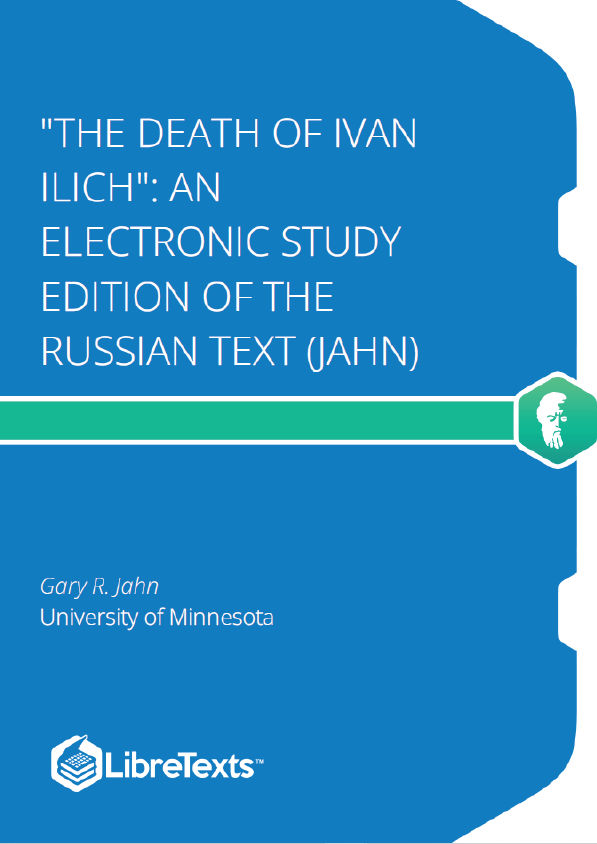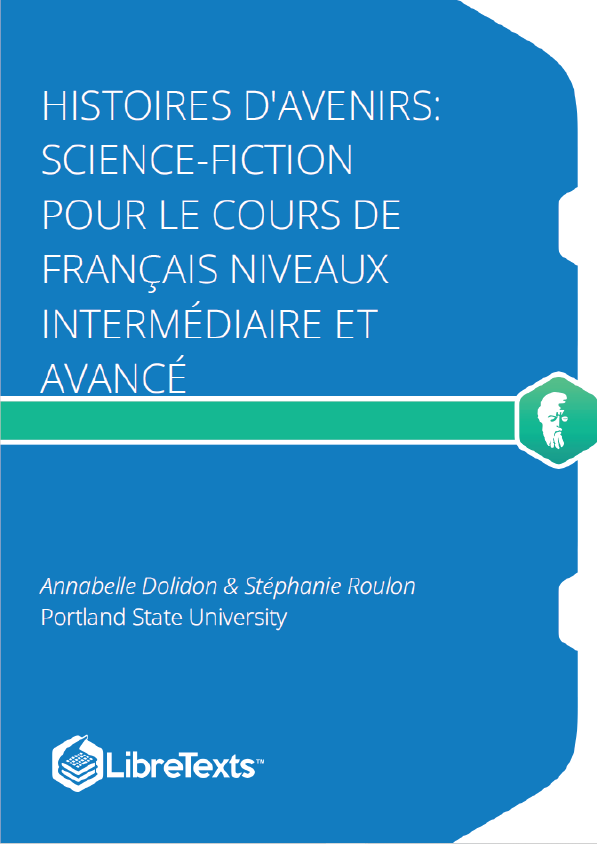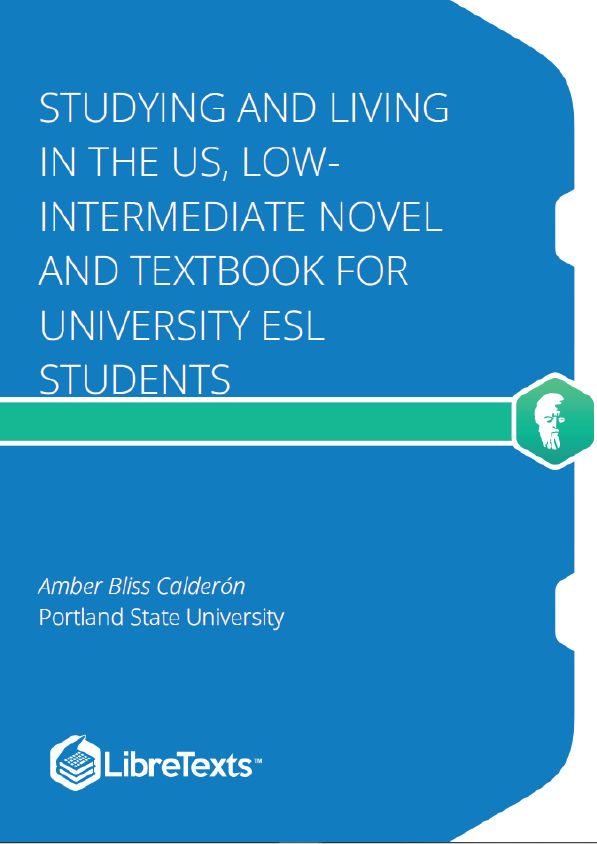This text is disseminated via the Open Education Resource (OER) LibreTexts Project (https://LibreTexts.org) and like the hundreds of other texts available within this powerful platform, it is freely available for reading, printing and “consuming.” Most, but not all, pages in the library have licenses that may allow individuals to make changes, save, and print this book. Carefully consult the applicable license(s) before pursuing such effects.
Instructors can adopt existing LibreTexts texts or Remix them to quickly build course-specific resources to meet the needs of their students. Unlike traditional textbooks, LibreTexts’ web based origins allow powerful integration of advanced features and new technologies to support learning.
The LibreTexts mission is to unite students, faculty and scholars in a cooperative effort to develop an easy-to-use online platform for the construction, customization, and dissemination of OER content to reduce the burdens of unreasonable textbook costs to our students and society. The LibreTexts project is a multi-institutional collaborative venture to develop the next generation of openaccess texts to improve postsecondary education at all levels of higher learning by developing an Open Access Resource environment. The project currently consists of 14 independently operating and interconnected libraries that are constantly being optimized by students, faculty, and outside experts to supplant conventional paper-based books. These free textbook alternatives are organized within a central environment that is both vertically (from advance to basic level) and horizontally (across different fields) integrated.
This intermediate graded reader is designed to move from simpler translation work (Galatians) towards more advanced readings from the book of James, the Septuagint, and from one of the Church Fathers. In each reading lesson, the Greek text is given, followed by supplemental notes that offer help with vocabulary, challenging word forms, and syntax. Discussion questions are also included to foster group conversation and engagement.
The debate over Paul’s use of ἔργα νόμου tends to focus on Galatians, where Paul engages in discussion over how one is justified: not by ἔργα νόμου but through πίστις (Ἰησοῦ) Χριστοῦ. These two concepts are held together most clearly in Galatians 2:16, where ἔργα νόμου is found three times in relation to justification. Again, in recent history, Paul’s phrase ἔργa νόμου has been understood to refer to some sort of identification marker, or a term referring to the boundaries of a group, while others argue that it implies strict adherence to all of the commandments of Torah.
Scholars such as Garlington believe that attention to the preposition ἐκ illuminates how Paul uses ἔργα νόμου in Galatians. When ἔργα νόμου is paired with ἐκ, it may be appropriate to understand the complete phrase as referring to belonging to a certain realm/sphere or remaining within the boundaries defined by Torah-works. We see this in 2:16 in the clauses οὐ δικαιοῦται ἄνθρωπος ἐξ ἔργων νόμου, ἵνα δικαιωθῶμεν ἐκ πίστεως Χριστοῦ καὶ οὐκ ἐξ ἔργων νόμου, and ἐξ ἔργων νόμου οὐ δικαιωθήσεται. Here Paul rejects the idea that a person is justified by God by “belonging to the arena of Torah-works”; rather, one is justified “within the realm of Christic faith . . .because no person will be justified by remaining within the sphere of Torahworks.”
